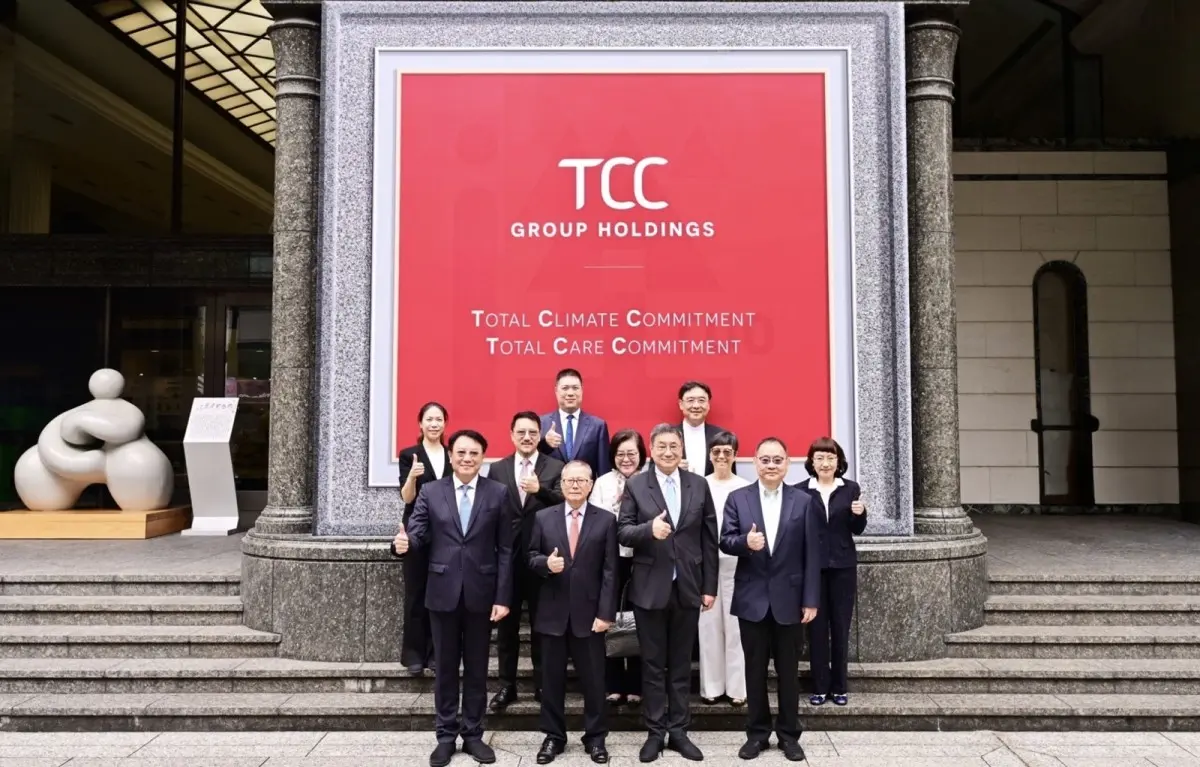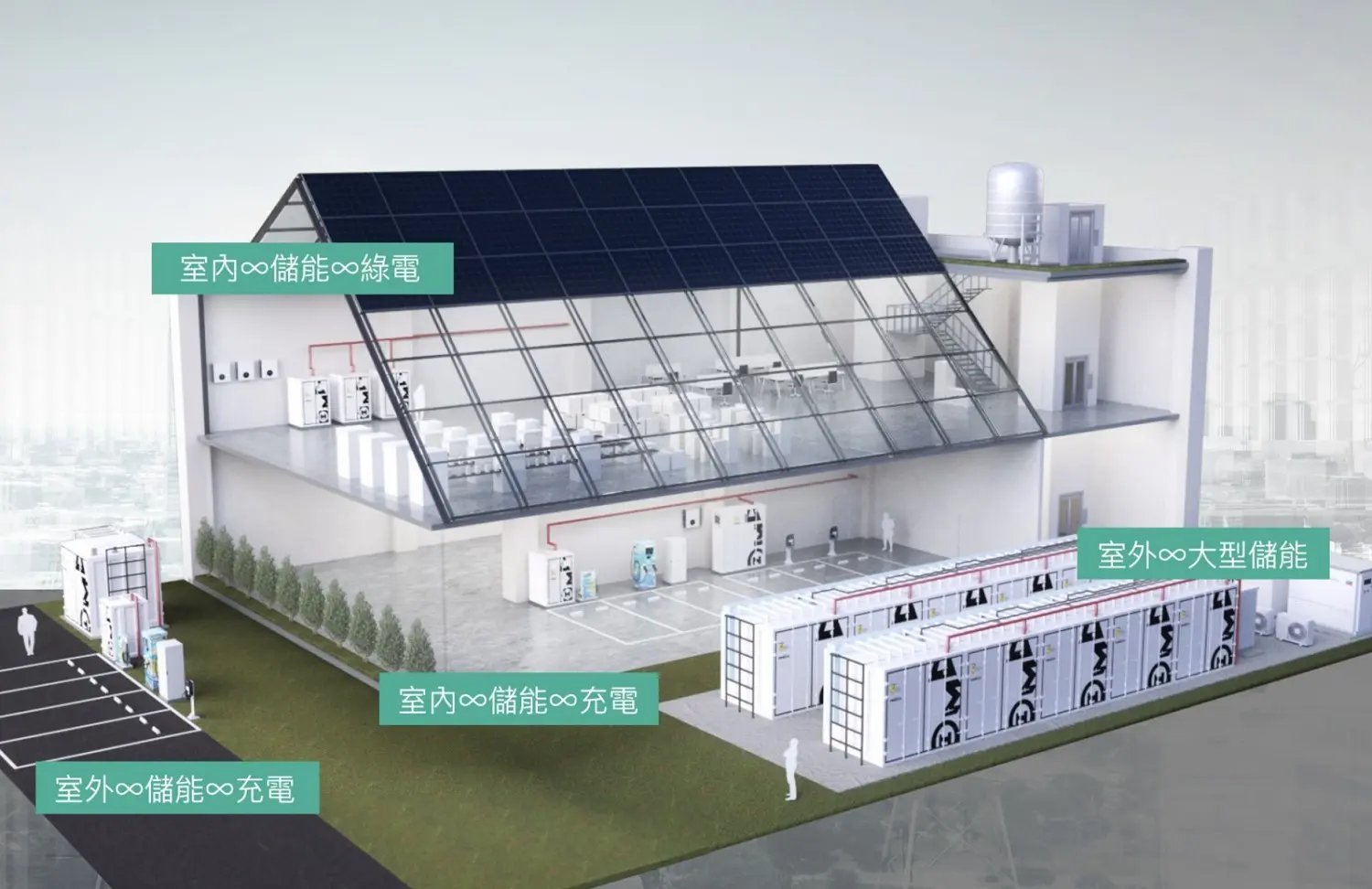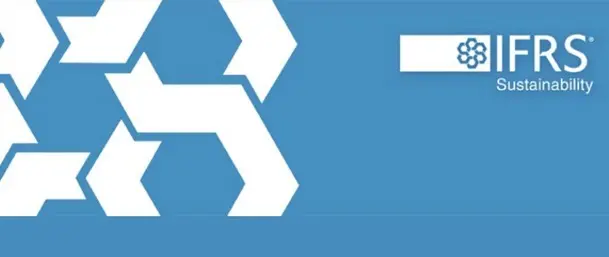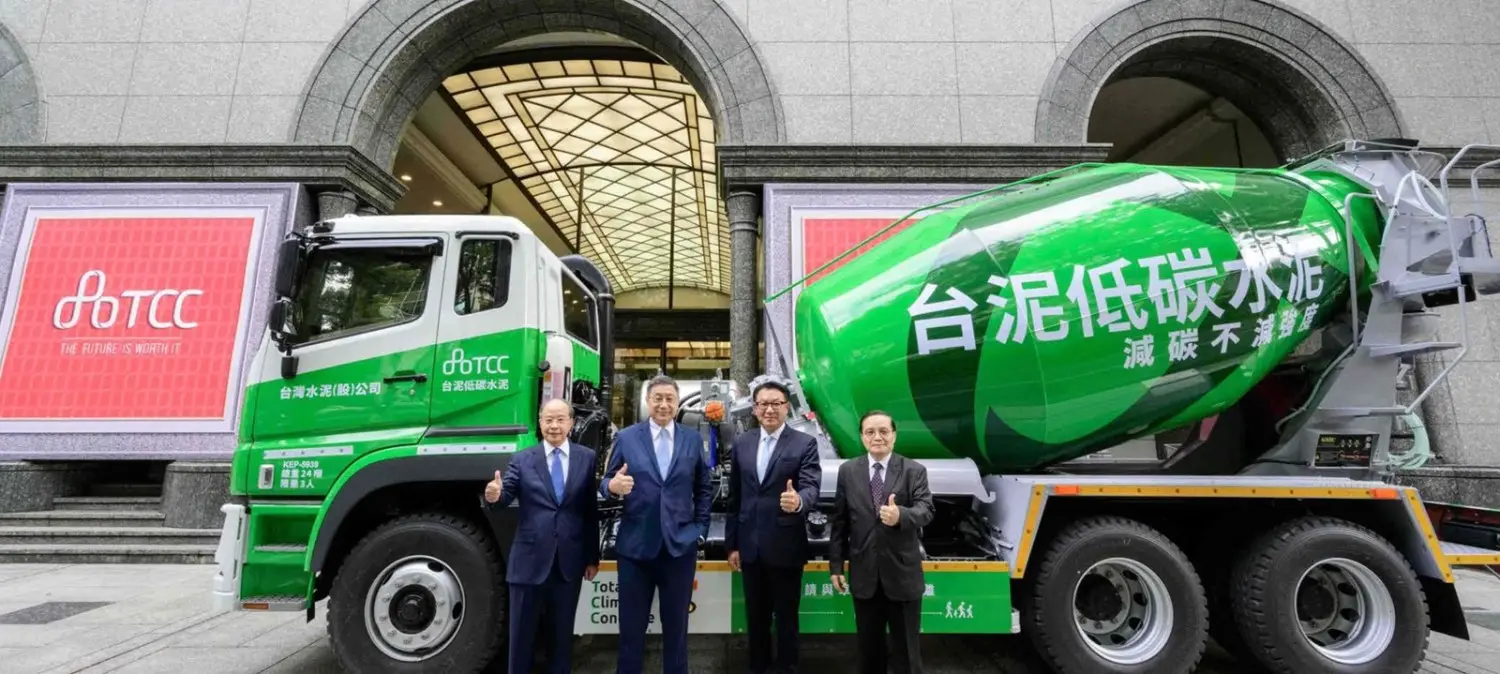TCC Production Plant's Small Revolution for Energy Saving and Carbon Reduction
- Home
- Sustainable E-newsletter
- TCC Production Plant's Small Revolution for Energy Saving and Carbon Reduction
Environmental 2024 Vol.02
TCC Production Plant's Small Revolution for Energy Saving and Carbon Reduction
- #Lifestyle Transformation
-
Share
Every small revolution in our lives is the first step towards changing the world. In the third quarter of 2023, a mini-revolution about changing the habits of using water dispensers quietly spread among the various cement product plants of TCC in the northern region!

Chen Si Shen, a graduate of the 12th Management Associate Program at TCC, was promoted to the manager of the Taoyuan Second Plant in 2023. While preparing to enter the Sustainable Action Proposal Contest organized by the company's HR department, he explored every corner of the plant, pondering over issues that could be changed to reduce carbon emissions. Feeling thirsty, he went to fill his water from the dispenser and suddenly had an epiphany. He noticed that the water dispensers in the cement product plant were always kept in a warming state, regardless of whether it was after hours or during holidays. This made him wonder, doesn't this consume a lot of electricity?
Chen Si Shen realized that although water dispensers are an indispensable part of colleagues' work hours, they still operate at high energy consumption during the night and holidays when no one is using them. Especially in winter, as the water temperature drops faster, the frequency of heating by the water dispensers also increases, undoubtedly exacerbating the waste of electricity. Therefore, Chen Si Shen proposed a seemingly simple solution that could bring significant energy-saving and carbon reduction effects: setting the water dispensers to sleep mode according to the employees' work schedules.

Chen Si Shen's proposal had very clear objectives. First, to reduce carbon emissions by decreasing electricity consumption; second, to raise awareness of carbon reduction by promoting energy-saving actions and advocacy through daily water consumption habits; and lastly, to improve employees' health by reducing the direct consumption of ice water through adjusting the temperature settings of the water dispensers.
To achieve these goals, Chen Si Shen also conducted a survey among 12 colleagues at the plant to understand their thoughts on adjusting the water dispenser settings. The results showed that 58% of colleagues believed that activating the sleep mode of water dispensers was beneficial, 84% of employees thought it could enhance awareness of energy saving and carbon reduction, and 51% of colleagues were willing to reduce the consumption of ice water to lower carbon emissions and benefit their health. Meanwhile, Chen Si Shen, through extensive reading, found that for daily uses such as instant noodles, coffee, tea, etc., hot water at 80-90 degrees is actually sufficient for the best flavor.
In addition to setting the water dispensers to sleep mode, Chen Si Shen also proposed various electricity-saving applications, including raising the ice-making temperature, lowering the hot water temperature, and adjusting the placement of water dispensers. He discovered that these minor adjustments could significantly enhance the effect of saving electricity.
From a proposal by a cement product plant manager, it gradually expanded from the Chungli plant to the Taoyuan plant, Taoyuan Second plant, Bade plant, Guishan plant, and Chungli Second plant. Based on the implementation at the Chungli plant, a total of six plants could save 4000 kWh of electricity per year, thereby reducing more than 2 tons of carbon emissions. Chen Si Shen also shared this proposal with TCC's cement product plants in the central and southern regions, sparking responses from various units. Now, all TCC cement product plants and cement dispatch stations have activated the sleep mode setting for water dispensers, with more than 50 water dispensers reducing carbon emissions by up to 20 tons per year.
In his first role as a supervisor, Chen Si Shen did not limit himself to a small team of 12 people.

You may also like
TCC GROUP HOLDINGS
SUSTAINABLE E-NEWSLETTER.











